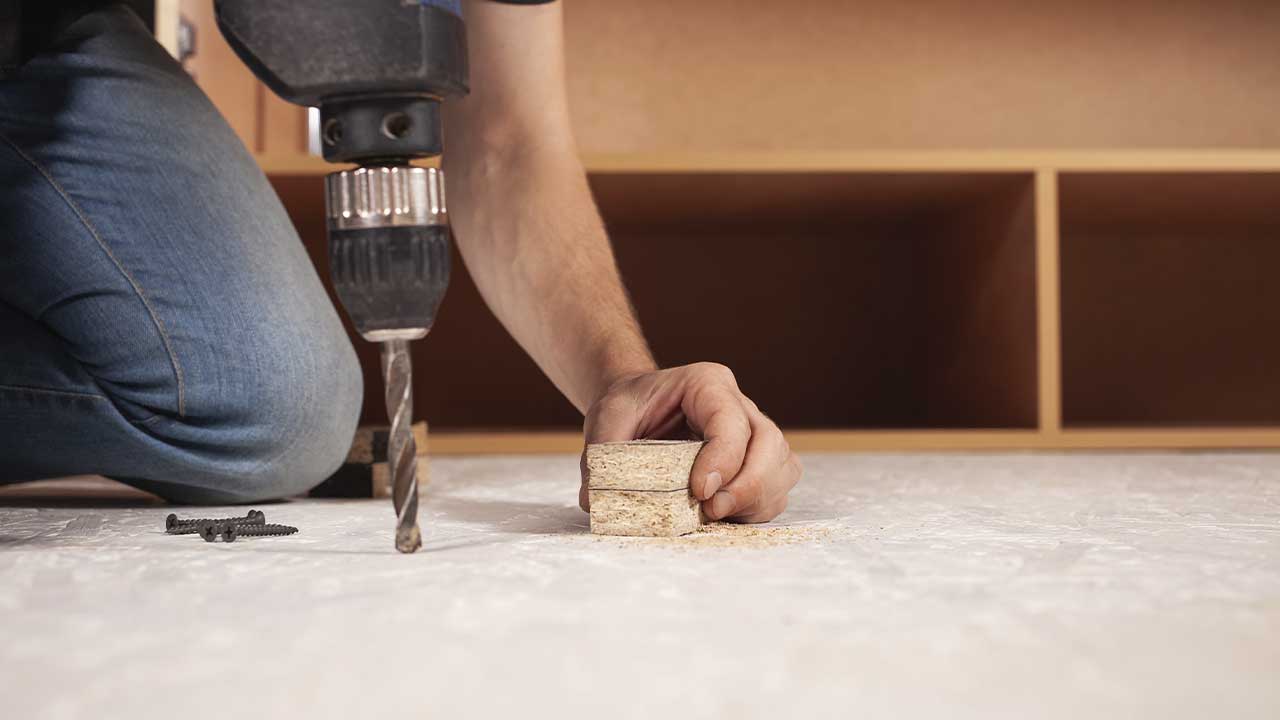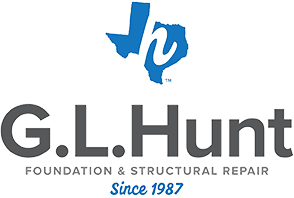Schedule Your Free Inspection
Southlake Foundation Settlement Services
What is Southlake Foundation Settlement Services?
The process of laying a foundation for a new building or structure is known as foundation settling. Typically, this procedure includes digging a hole for the foundation on the site, pouring concrete into the hole, and leveling it off. The foundation is ready for usage once the concrete has had time to harden.
Poor soil conditions, limited drainage, and severe weather are a few of the causes that can lead to foundation settlement. Other natural calamities or seismic activity may also contribute to settlement. Settlement of the foundation, if left unaddressed, can seriously harm the building that is erected on top of it.
By using cautious building techniques, good drainage, and sufficient soil preparation, foundation settlement may be avoided. In rare circumstances, it could be essential to support the foundation using piers or specific grouting. In order to prevent additional harm to the building, foundation settlement must be addressed as soon as feasible.
What Can Cause Foundation Issues?
It is unclear when or how quickly this may occur. However, once wall damage or settling is place, it never gets better on its own. The longer you wait to address foundation issues, the more damage will have to be fixed. Foundation issues may only worsen with time.
This might jeopardize the structural soundness of your house, and the damage can lower its value when you decide to sell it. If the buyer isn’t scared away, home inspectors and real estate salespeople know to check for warning signals and then expect steep discounts to fix the issue.
causes of foundations issues:
-Hydrostatic Pressure
-Problems with Drainage
-Expansive Soils
-Trees and Their Roots
-Loose, Poorly Compacted Foundation Soil
IMPORTANCE OF Southlake FOUNDATION SETTLEMENT SERVICES
Offering Permanent Foundation Settlement Solutions
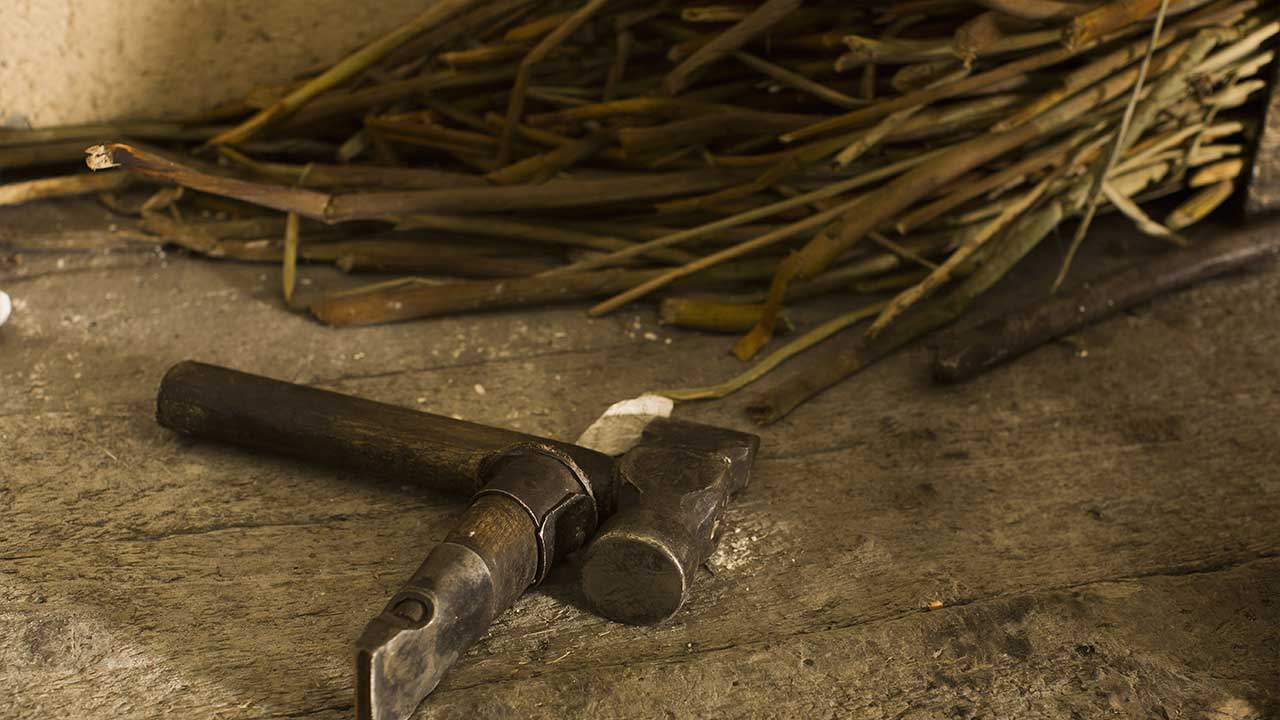
If you notice cracks in your home’s foundation or doors and windows that are no longer level, it may be time to hire a foundation settlement company. These professionals can perform an inspection to determine the extent of the damage and recommend the best course of action to repair it. Foundation settlement can occur for a variety of reasons, including poor construction: for example if the foundation was not properly compacted before the house was built. Other causes include weather-related changes in the ground (such as drought or excessive rainfall), tree roots growing into the foundation, or plumbing leaks that allow water to seep into the soil and cause it to expand. Whatever the reason for your home’s foundation settlement, it is important to have it repaired as soon as possible to avoid further damage to your property. Another reason is soil erosion: if the foundation is not properly compacted, rainwater can cause the soil around it to erode, which puts additional pressure on the foundation and can cause it to settle further.
Foundation settlement can also occur when the house is built on fill dirt: if the wrong type of dirt is used, it can settle over time and cause the foundation to settle as well. In addition, if there are already cracks in the foundation, they may become worse over time and allow water to seep into the house, which can lead to mold growth and other problems. If you notice any of these signs, it’s important to contact a foundation settlement company as soon as possible. They will be able to assess the damage and recommend the best course of action to take, and changes to the water table. If left unaddressed, it can lead to serious structural problems.
If you are considering having your foundation settlement repaired, it is important to speak with a professional contractor who has experience with this type of work, Schedule a foundation settlement service, we look forward to serving you!
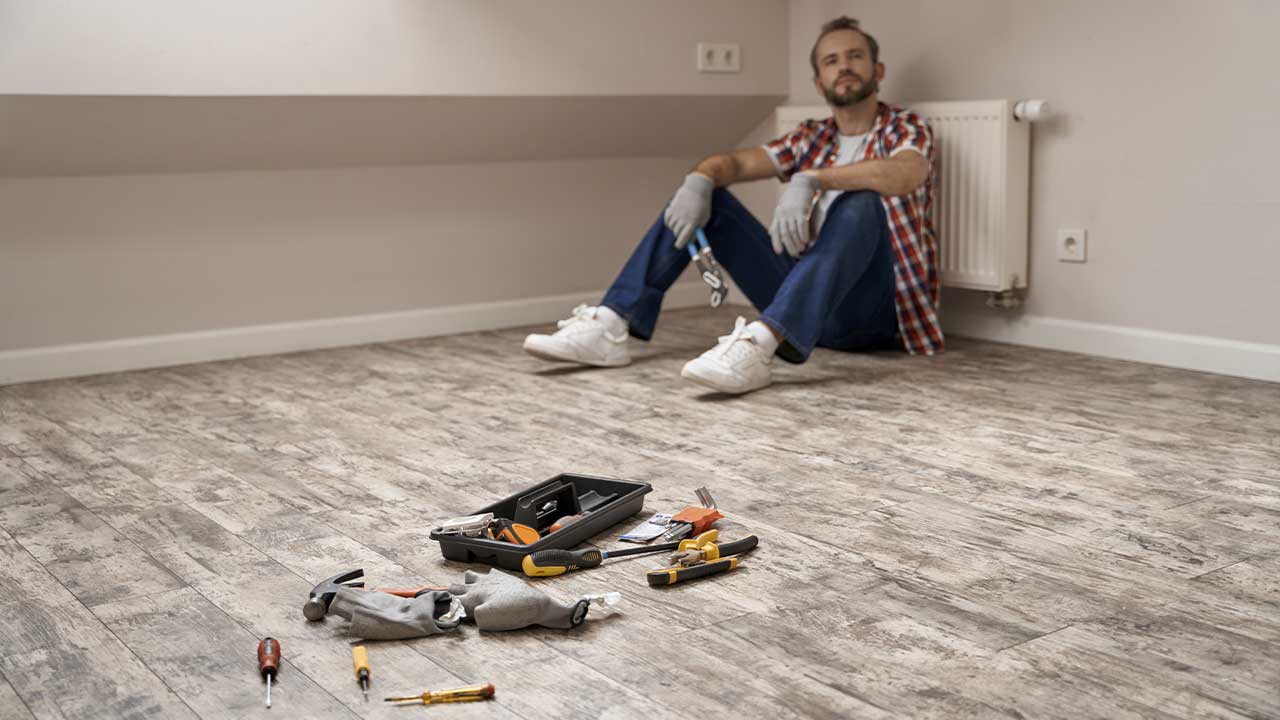
Got a question? Call (817) 438-2052
WHEN TO HIRE Southlake FOUNDATION SETTLEMENT SERVICES
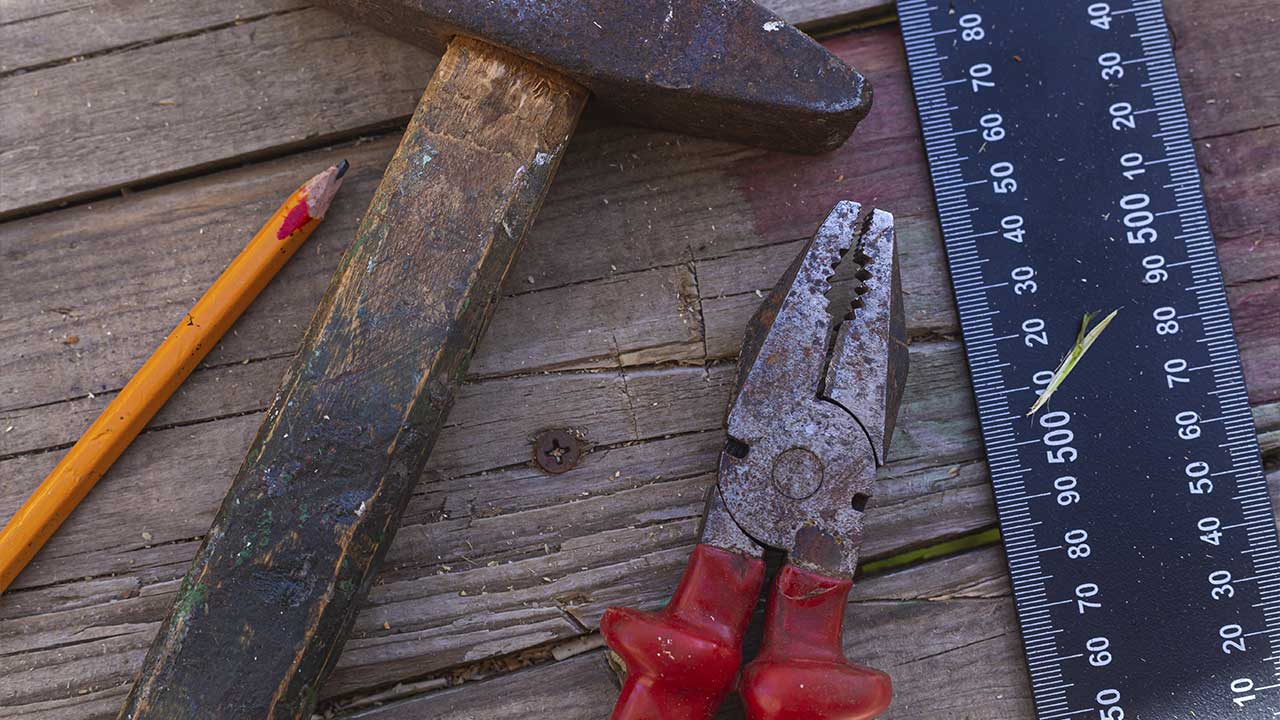
It’s time to bring in a professional if you see foundation cracks or doors and windows that aren’t functioning correctly. In older homes, foundation settling is a typical issue that, if left unattended, can result in major structural problems.
Although there are a few alternative solutions for foundation settlements, moving quickly is crucial. The less harm the issue does to your house, and the simpler it will be to solve, the sooner you take action.
Here are a few indicators to check for if you’re unsure whether or not you require foundation settlement services:
1. Wall or ceiling cracks: If your walls or ceiling start to show signs of cracking, your foundation may be shifting. It’s crucial to fix cracks as soon as possible since they can grow from little beginnings to substantial sizes very fast.
2. Doors and windows that won’t open or shut properly: If you’ve discovered that your home’s doors and windows are no longer operating as they once did, foundation settling is probably to blame. This may compromise your home’s security and make it challenging to maintain a comfortable environment.
3. Gaps around doors and windows: Gaps that develop around doors and windows are another indication of foundation settlement. It’s critical to close these openings as quickly as you can since they let moisture and vermin enter your house.
It’s time to consult a professional if you see any of these symptoms. If not immediately resolved, foundation settling is a severe issue that might result in significant damage to your house.
Foundation settlement repair is our area of expertise at Omni Foundation Repair. We have the knowledge and experience necessary to rapidly pinpoint the issue and find the most effective fix. Call us right now to arrange a no-cost consultation. We’ll assist you in quickly restoring order to your house!
The sooner you handle the issue of foundation settling, the better. Don’t be reluctant to contact a specialist if you see any of the warning symptoms mentioned above. If foundation settling is not immediately rectified, it might seriously harm your house.
If you are considering having your foundation settlement repaired, it is important to speak with a professional contractor who has experience with this type of work, Schedule a foundation settlement service, we look forward to serving you!
